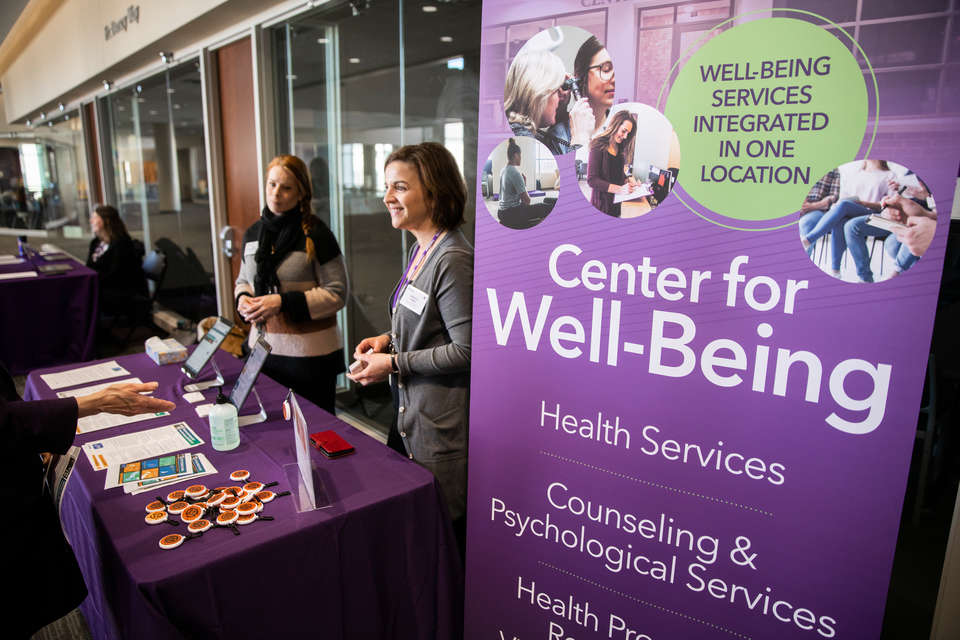We understand many people may be experiencing some reactions to information related to COVID-19. Here is information that may help you prepare for reactions and ways to maintain well-being.
- Limit your exposure to the news, including social media: It is important to stay informed, but too much information can be overwhelming. Reading the news first thing in the morning or right before bed may not be as helpful for your well-being. Get accurate information from reliable sources such as the Centers for Disease Control and Prevention or Center for Well-Being communications.
- Create boundaries in relationships: Maintain respect while engaging in discussion. It is OK to disagree. Sometimes what people say can cause us harm. It is OK to engage in respectful conversation about disagreements or take a step away.
- Monitor your perspective: It is easy to dwell on negative and catastrophic thinking. Turn your frustrations into positive action by doing things you enjoy, connecting with others, or finding other ways to get involved.
- Feel your feelings: It is OK to be upset! Take time to explore your feelings and reflect on better ways to understand yourself.
- Find comfort in your spiritual and personal beliefs: Take time for prayer, meditation and reflection. Remind yourself of your values and how to enact them during times of uncertainty.
- Remember self-care: At times of stress we often forget to do the things that we enjoy. Sometimes we may also think of self-care as a luxury we do not have the times or means for. Remember that you deserve to take care of yourself. Keep up with your daily activities, routines, hobbies and social plans.
When should you speak to or refer someone to a professional?
Sometimes, it is difficult to determine when it may be useful for someone else or yourself to consult with a professional. Some things you may notice that may indicate it would be helpful to speak with a professional:
Academic Changes
- Increased absences
- Acting out
- Decline in participation
- Deterioration in work quality
Personality Changes
- Social isolation
- Unexplained outbursts
- Impulsive behavior
- Expressed concerns of peers
Physical Changes
- Significant weight change
- Poor hygiene
- Excessive fatigue
- Bleary-eyed, smell of alcohol
Threats to Safety
- Harassing behaviors
- Threat to harm others
- Direct/indirect expression of suicidal thoughts
- Giving away personal possessions
Click here for more tips and information on coping with stress during infectious disease outbreaks.







